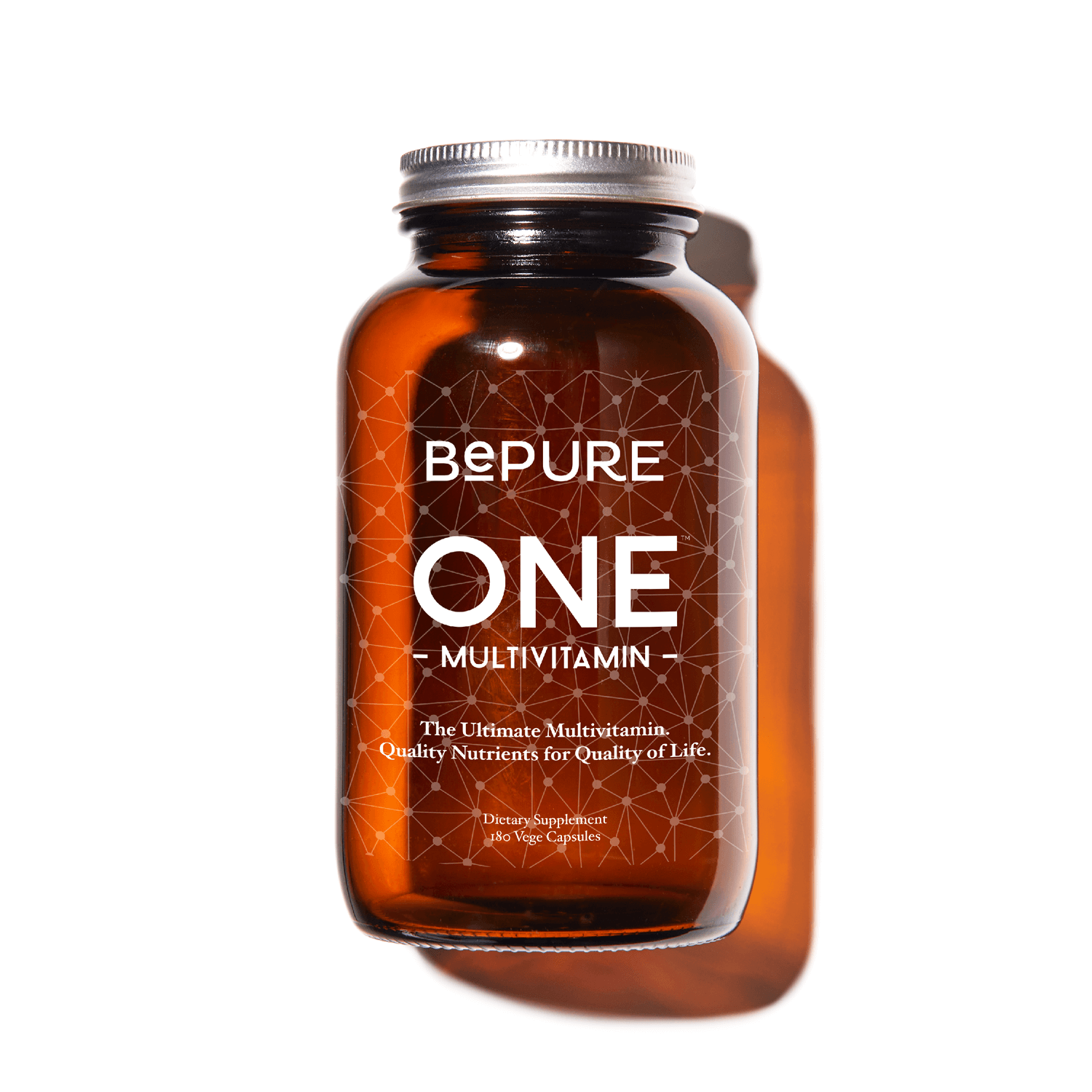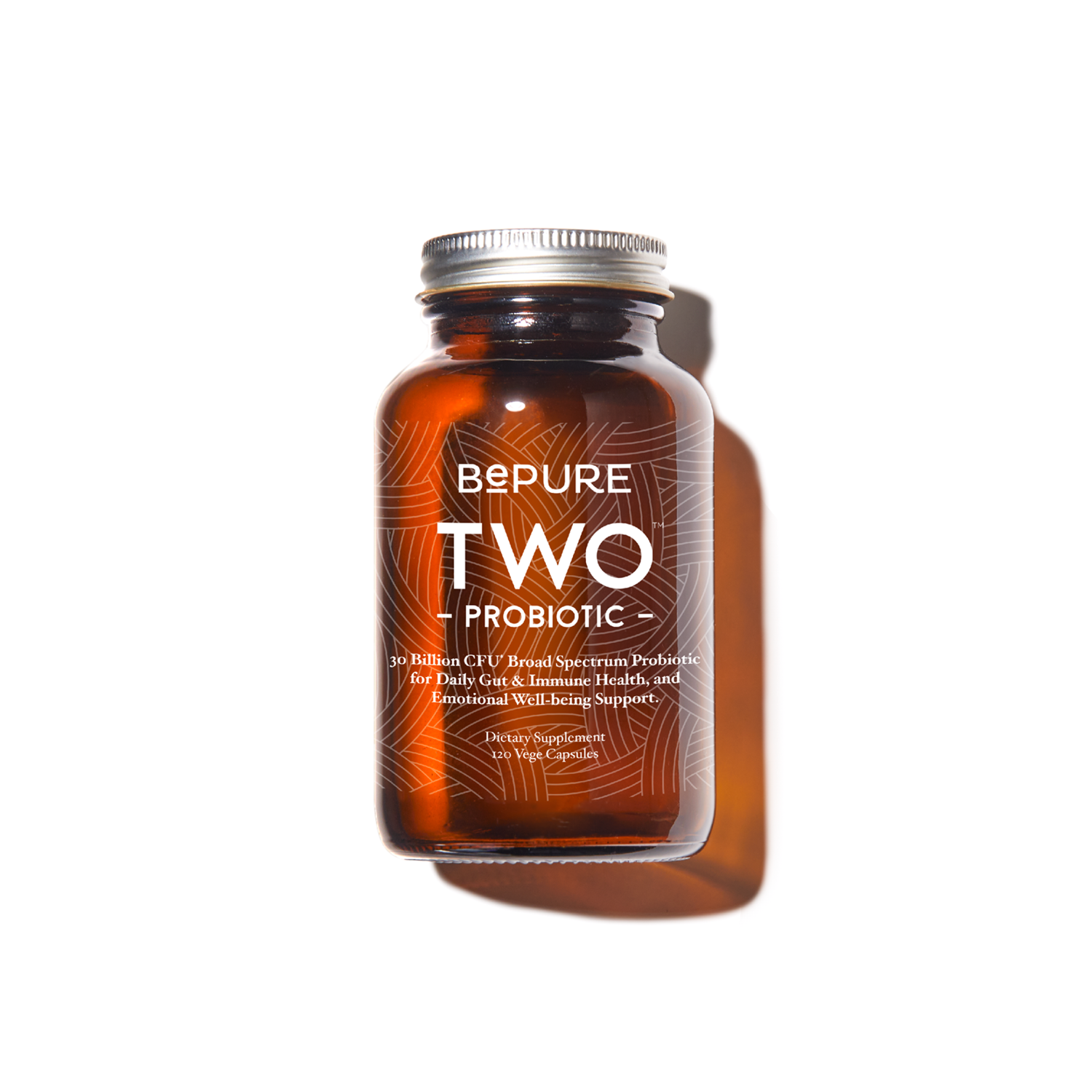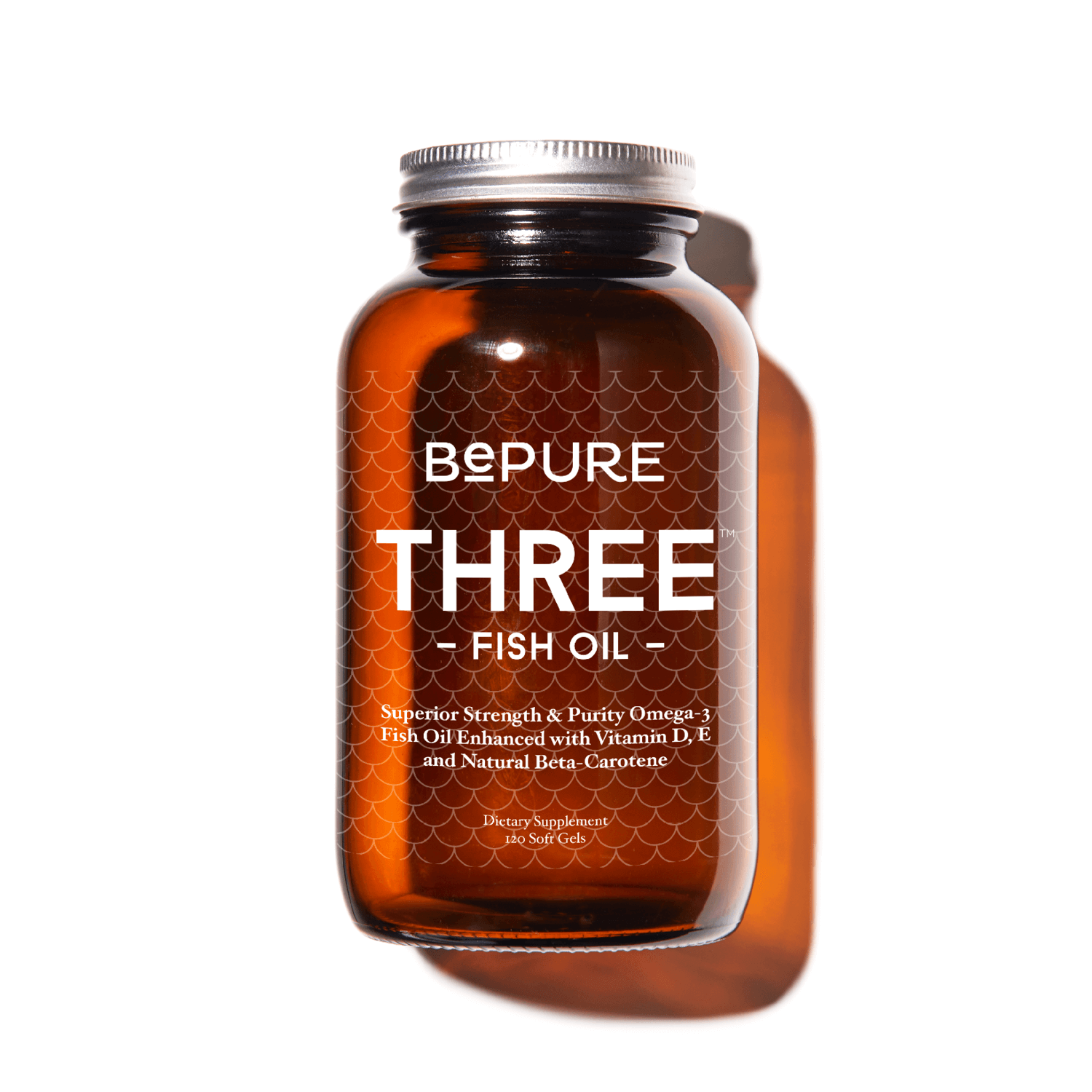Why do we get cravings at ‘that’ time of the month?
It is well established that people with moderate to severe PMS are likely to have low serotonin in the second half of their cycle. Serotonin is our happy, feel good hormone, so low levels of this can contribute to the common symptoms of moodiness and anxiety associated with PMS. To make up for low serotonin, the body will crave sugar which stimulates our body to release our happy hormone.
Research has found that in the days leading up to a woman’s monthly period, the way you break down sugar will change. Pre-menstrual tension is associated with low blood sugar and when our body registers low blood sugar, the first solution is to get more of it - hence sugar cravings! So, if you find yourself craving sugar in the days leading up to your monthly menses there is an actual physiological explanation.
It’s also well documented that PMS sufferers are more likely to have low magnesium levels. Fluctuations in hormones, increased irritability and stress, pain, and the entire circus of symptoms that accompany our cycle are all factors that cause our body to require more of the essential micronutrient magnesium.
In nature, there’s an 80% correlation between nutrient density and sugar content. Over time our ancestors learnt that when they needed micronutrients they just needed to eat sweet fruits or vegetables.
This is today when we have low magnesium levels our body will crave something sweet, it's not actually the sweetness we are craving but the nutrients that naturally sweet foods contain.
In the section above we talk about how sugar stimulates the release of serotonin. Magnesium is important because we need it to make serotonin. Our body’s pretty smart and at this time of the month, many women will find themselves craving chocolate – sugar AND magnesium in one bite. Saying that to get a good dose of magnesium, you need to choose a good quality, dark chocolate with at least 75% cacao.
So, how can we decrease these cravings?
Hormones are slow moving and it will take awhile for your body to adjust and balance them back out which will reduce your cravings and PMS symptoms. These following steps will help your body start to make these positive changes.
1. Eat a good source of protein for breakfast.
Eating protein with your first meal of the day is very important for stabilising blood sugars. When blood sugars are stable, we are less likely to get cravings or that ‘hangry’ feeling. Premenstrually, women have a harder time metabolising sugar so it becomes even more important to include protein (and some healthy fats!) with your meals.
2. Eat foods high in magnesium.
And yes, this does include chocolate! (Probably one of my clients favourite suggestions...) Other good sources of magnesium are almonds and green leafy vegetables. I really like this nourishing rosemary, olive oil and chocolate cake recipe. Magnesium deficiency is a key contributor for PMS and cravings associated.
3. Use a high-quality multivitamin
A high-quality multivitamin will help to ensure your body has all the essential micronutrients it needs for optimal health.
Our BePure One has all the vitamins, minerals and antioxidants your body needs on a daily basis. It also includes 250mg of the all important magnesium we discussed above and chromium which has a role in sugar metabolism and can help reduce cravings.
4. Try reducing caffeine for a month
Caffeine is a massive liver loader, while out liver is loaded our body will not be able hormones balanced. Try switching your daily coffee to a turmeric latte, a homemade chai or even a swiss water decaf.
5. Manage stress levels and the impact stress has on the body
Under stress, our body tends to use up our magnesium much faster. If we can minimise the perceived stress in the body, we can keep our stores of magnesium higher. While it can be unrealistic to reduce the stress in our busy day-to-day lives there are many things you can do to help your body relax and stimulate your parasympathetic nervous system.



